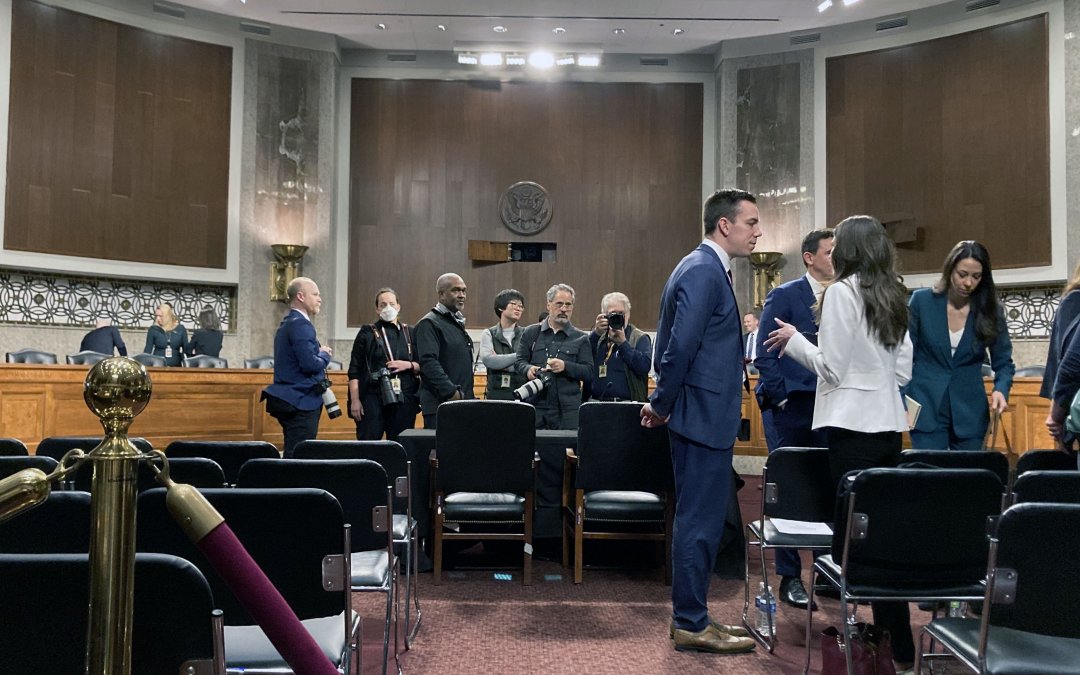WASHINGTON – John Ratcliffe’s nomination hearing for CIA director on Wednesday was largely amiable as Republicans and Democrats of the Senate Select Intelligence Committee primarily sought confirmation that Ratcliffe would uphold the basic duties of the job. Questions were cordial, except for some light pressure by Democrats.
In his opening remarks, Ratcliffe, a former Texas representative and director of national intelligence during the tail end of President-elect Donald Trump’s first term, highlighted the threats of China and Russia, and said that the U.S. must stay ahead of its adversaries, especially in emerging technologies such as artificial intelligence and cybersecurity. He also emphasized his commitment to keeping the agency apolitical.
“We will produce insightful, objective, all-source analysis, never allowing political or personal biases to cloud our judgment or affect our products,” he vowed.
He faced pushback from Sen. Jon Ossoff (D-Ga.), who questioned Ratcliffe’s motivations for the 2020 release of a report on Russian interference in the 2016 election, while he was director of national intelligence. The decision to release the report was widely seen as aiding then-president Trump because it was released the same day as the first 2020 presidential debate.
“It strikes me that in releasing politically sensitive intelligence,” Ossoff said, “you might consider that doing so on the day of the presidential debate…might reasonably draw the question of whether or not there was some political impetus.”
Ratcliffe sidestepped the accusation, claiming not to recall releasing the report on the day of the debate.
Sen. Mark Kelly (D-Ariz.) continued Ossoff’s line of questioning.
“My understanding is (the report) was rejected by Democrats and Republicans on this committee as having no factual basis and putting Russian disinformation into the public sphere,” he said. He pressed Ratcliffe on whether he would have, in hindsight, handled the release of the report differently.
Ratcliffe was unsure, admitting that he didn’t think he did everything perfectly, but pointing out that many of his decisions had “aged well.”
Committee Chair Tom Cotton (R-Ark.) frequently sought to move the hearing along, imploring members to stick to their allotted time as he fidgeted with his gavel.
Sen. Susan Collins (R-Maine) requested Ratcliffe’s support in continuing investigations into the phenomenon of “Havana Syndrome,” which has afflicted U.S. officials working abroad. Sen. Kirsten Gillibrand (D-N.Y.) sought his commitment to making the CIA a safe place to work in the face of “the scourge of sexual assault.”
Cotton promptly adjourned the open hearing after questions concluded; a classified hearing was scheduled for later that day. Ratcliffe is widely anticipated to pass the committee vote expected on Monday afternoon.

